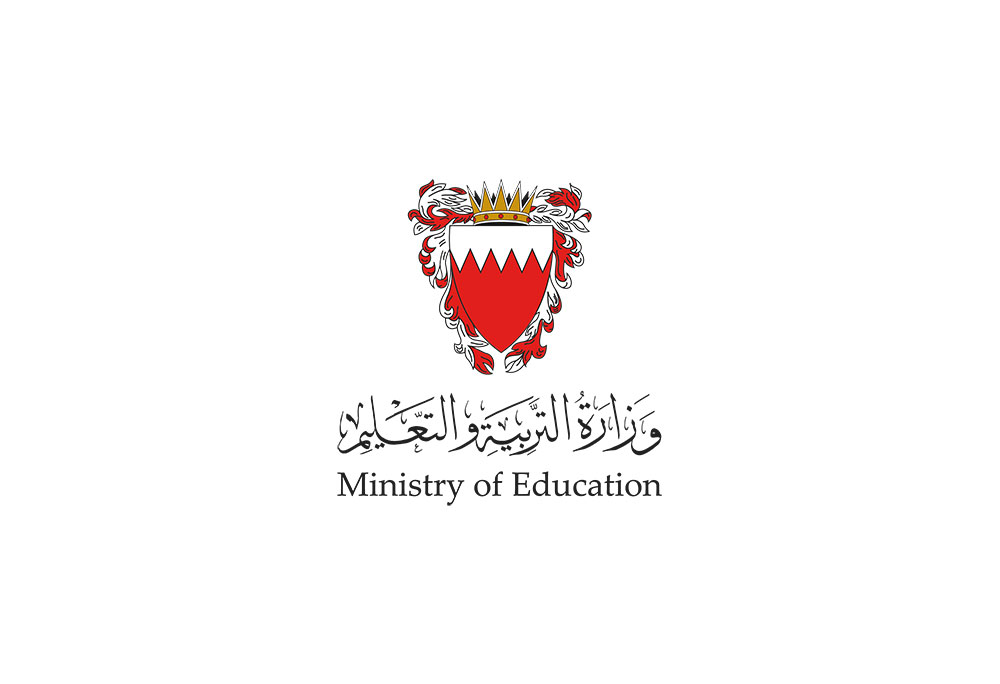ABOUT BAHRAIN
HISTORY
Bahrain has been one of the Gulf’s most important commercial crossroads for over 4,000 years.
The word Bahrain means ‘two seas’ in Arabic, indicating how the country’s geographic position as a collection of islands has been important throughout its history.
As the land of the ancient Dilmuncivilisation, Bahrain has long been a trading centre linking east and west. The country has benefited from its position at the centre of the Gulf’s trade routes and rich pearl diving industry.
By the mid-19th century, the country was the Gulf’s pre-eminent trade hub, emerging as a modern state. Merchants from countries across the Gulf and beyond established themselves on the islands.
Bahrain was the first Gulf state to discover oil, in 1932, and in the past 40 years has led the regional transition to a modern economy. Subsequently, as the first Gulf state to move away from dependence on oil, we have become the region’s most diversified economy.
In particular, our country has become the region’s leading financial centre since the 1980s. Since then manufacturing, logistics, communications, professional services and real estate have also become important sectors. Throughout this period, we have taken great care to build up the skills and talents of the Bahraini people
In 2002, Bahrain became a constitutional monarchy, and a democratically elected parliament was established. This marked the beginning of a period of on-going reform. The country also has an established legal framework and respected regulatory system.
Manama is the capital of Bahrain and also its largest city. Manama enjoys a distinct reputation as a tourism and cultural hub regionally and internationally, as shown by its selection as the Capital of Arab Culture in 2012, and Capital of Arab Tourism in 2013, and Capital of Asian Tourism in 2014.
GEOGRAPHY & CLIMATE
Bahrain is an archipelago made up of 33 islands located off the coast of Saudi Arabia.
The 25km King Fahd Causeway provides a direct road link between the two countries. In five years’ time, a causeway will also link Bahrain with Qatar, to the southeast. At 45km, the ‘Friendship Causeway’ will be the world’s longest land bridge.
Most of the population lives in Manama, the capital, which is located on the northern tip of Bahrain island, itself the largest of the 33 islands.
During the summer months, stretching from April to October, afternoon temperatures average around 37-40°C. In winter, temperatures range between 10°C and 20°C.
SOCIETY & COMMUNITY
Bahrain is a country that prides itself in being a thriving multi-cultural hub which welcomes people from all around the world, thanks to its tolerant attitudes, low cost of living, and abundance of educational and health facilities and services. According to the latest e-Government portal statistics, Bahrain’s population is currently around 1.2 million Bahrainis and residents.
Local people in the Gulf are traditionally welcoming to visitors and outsiders. Coffee is a very important part of any visit, poured from a highly decorated pot into a small cup. Manners are formal and polite, with people indulging in small talk before other conversations begin.
Sports enjoy great popularity. Some families still practise the traditional sports of falconry, horse racing and camel racing. Boating activities are popular, as are modern sports such as basketball and football.
ECONOMY
Bahrain has grown successfully over the past 10 years, due its liberal economic policies, and has a clear roadmap for improving the prosperity of all in society.
The country’s annual real GDP growth ranged between 2.1% and 8.3% over the period, according to the Central Informatics Organisation.
Looking to the future, the Economic Vision 2030 is a roadmap for making Bahrain a more sustainable, competitive and fair economy, with the aim of doubling household income by 2030.
The National Development Strategy is a regularly updated action-plan that will turn the Vision into reality, setting specific milestones in the public and private sectors including education and training, the economy, health and society.
The following sectors have been prioritised for development:
- Financial Services
- Professional & Industrial Services
- Logistics
- Education and Training
- Manufacturing (Aluminium, Food & Beverage, Chemicals & Plastics)
- ICT
Furthermore, Tamkeen, Bahrain’s national labour fund, is investing in improving Bahrainis’ skills through training programmes, further enhancing both our competitiveness and the prosperity of local people.
CULTURE & LIFESTYLE
With a multi-cultural, multi-ethnic and multi-denominational society, along with a low cost of living, excellent education facilities offering curricula from around the world and high-quality healthcare, Bahrain is an attractive destination for expat families.
The kingdom provides a holiday destination on your doorstep boasting an archipelago of 33 islands, a cosmopolitan capital city, an attractive liberal lifestyle and a rich history and culture: from historic monuments such as the Al Khamis Mosque, dating back to 692 A.D. to one of the most modern Formula One race-tracks in the world at the Bahrain International Circuit.
By sea, you can sail, dolphin watch, fish, scuba dive or kite surf. On land, there are gyms, horse riding stables and sports clubs, including rugby, tennis, soccer, cricket and basketball. Furthermore, our Royal Golf Club, designed by international champion Colin Montgomerie, is a particular attraction.
In sport, our facilities are world-class. We are the home of Formula One in the Gulf, becoming the first Middle Eastern country to host a Grand Prix in 2004, and hosting the season’s opening race in 2010.
CULTURAL QUESTIONS:
Do I need to speak Arabic?
Not really, although learning a few Arabic words would be helpful. English is our main business language, and it is commonly spoken outside work, in all retail stores and services.
Is there much crime?
No. The crime rate is low and violent crime is rare.
Do women have to follow a dress code?
No. Women can dress as they wish, although it is polite to dress modestly in public.
Is Bahrain a conservative place?
Bahrain is known in the Gulf for being open and tolerant. Bahraini men and women socialize and congregate at local cafe’s and restaurants. Expatriates mix with Bahraini nationals across all social settings. And people from all over the Gulf come here to relax.
Should I be aware of any food and beverage restrictions?
Although Muslim Bahrainis generally do not eat pork or drink alcohol, supermarkets sell pork and you can buy alcohol from licensed stores, hotels and restaurants.
Just how hot does it get?
The average temperature during summer is 37- 40°C — however most outdoor locations have shade and buildings are climate controlled. Temperatures are milder between October and May.
Can I play sport?
Sport is a major cultural pastime in Bahrain, with facilities including driving, golf, horse riding, rugby, tennis, sailing, soccer, cricket and basketball. Private resorts and clubs have beaches and pools for men and women to swim.
For more information, please do visit: www.bahrain.com












